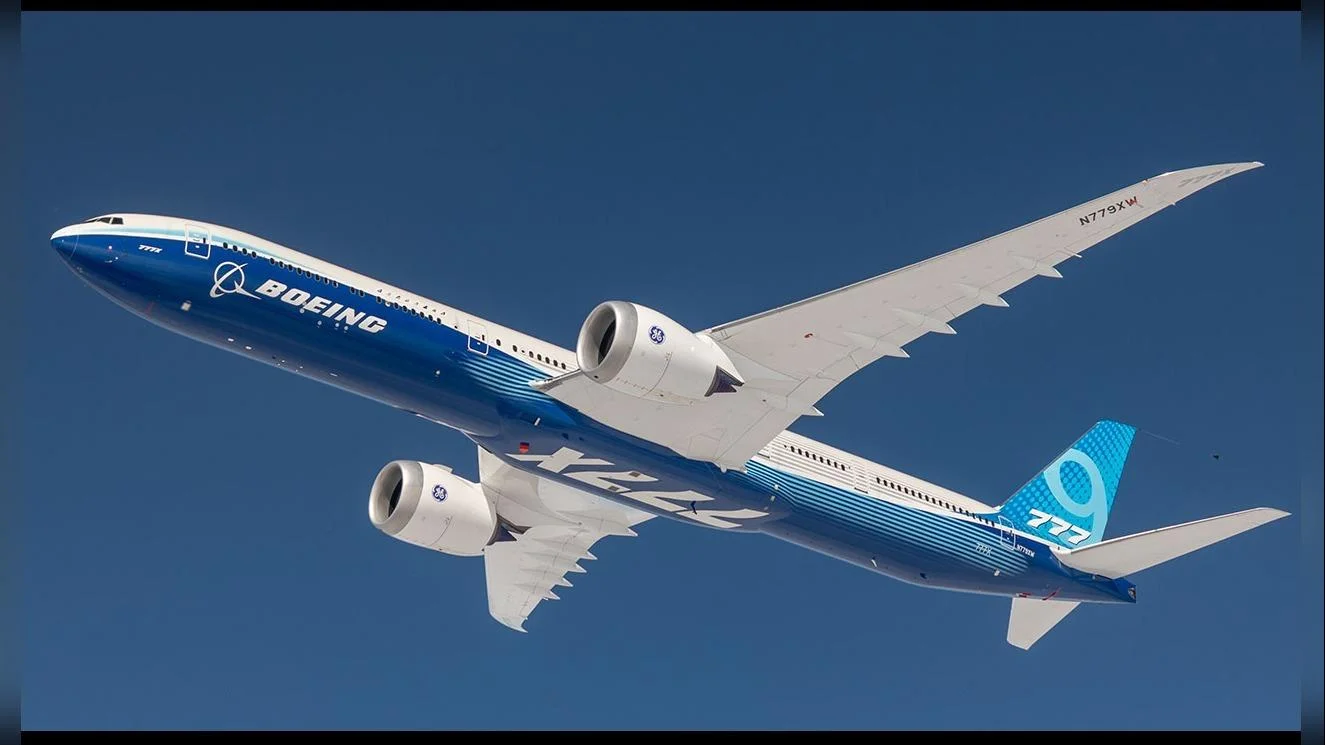On some US domestic flights, it is common to see many people requiring wheelchair assistance on the ground. This has led some airlines to complain about passengers who feign disability. Frontier Airlines CEO Barry Biffle in May described what he sees as “rampant abuse” of the system, as reported by CNBC.
“What if the same volume of passengers seek to remain in a wheelchair in-flight?” Wuggetzer asked. “[W]e need to take time and consider all these questions which are not answered if you get one chair in,” he added. “And what [about] the other ten waiting outside?”
In June, Airbus began bringing stakeholders together “to come up with great ideas how to make it” — the onboard travel experience — “better” for wheelchair users, said Wuggetzer. “I think that there’s a lot more to improve, to optimize, to find a solution that works for both sides.”
Air4All, a consortium designing a system allowing wheelchair users to travel in their own chairs on aircraft, has made significant progress on cabin accessibility. Delta Flight Products (DFP), Delta's wholly owned subsidiary, is partnered with Air4All for engineering development and manufacturing.
The original Air4All design converts front row seats and installs a guidance and locking system for wheelchairs on aircraft. This facilitates up to two wheelchairs per row while ensuring airlines do not lose revenue-generating space.
During this year’s AIX, DFP showcased updates to its recliner model and revealed an economy class solution for the first time. The latter concept would occupy the space of two economy class seats.
Another idea supporting wheelchairs without reducing seat count comes from Molon Labe Seating's Freedom Seat based on its patented “Side Slip” design. The aisle-side seat slides over an adjacent seat creating a double-wide aisle for powered wheelchairs to maneuver into position before being secured by a Q’Straint docking system.
Freedom Seat testing aboard a Boeing 737 mockup in 2021 highlighted challenges such as narrow aisles making navigation difficult for larger mobility devices.
Collins Aerospace is also advancing an onboard accommodation solution using a Q’Straint style restraint system set into the floor.
Airbus remains unconvinced that industry has found answers for bringing passengers’ own wheelchairs into cabins but continues efforts towards solutions. "It’s a challenge," Wuggetzer said. "I’m not saying it’s easy... but that’s something we need to have a closer look at."
Meanwhile, Airbus has received US FAA approval to install mini-suites aiding persons with reduced mobility in its new long-range A321XLR twinjet cabins.
 Alerts Sign-up
Alerts Sign-up










